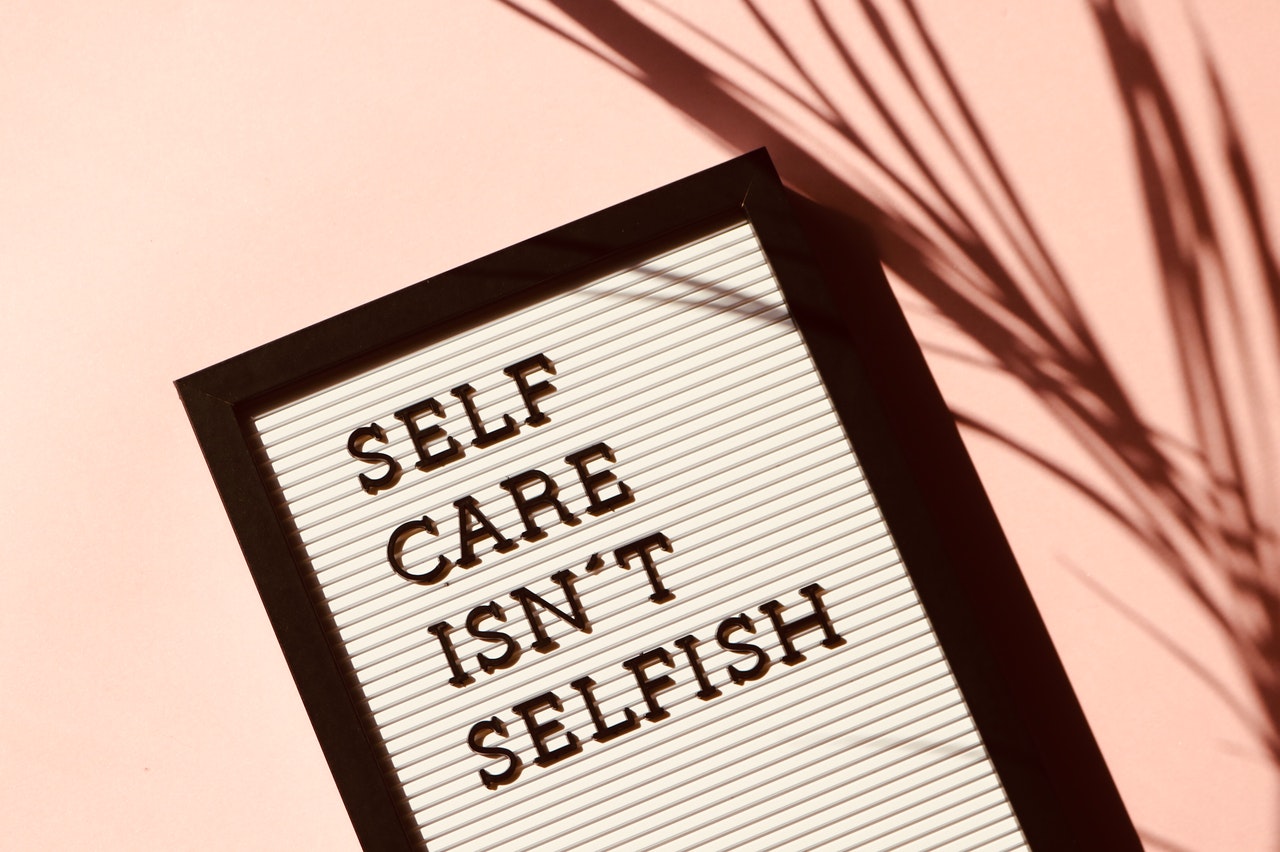Nurturing Your Body, Mind and Soul
The Power of Self-Care: Nurturing Your Body, Mind, and Soul
In today’s fast-paced world, self-care often takes a backseat to our endless to-do lists, responsibilities, and the pressures of daily life. However, prioritizing self-care is not a luxury—it is a necessity. By focusing on self-care, we build resilience, maintain balance, and cultivate a deeper connection with ourselves. In this blog, we’ll explore four types of self-care, discuss why they are essential, and delve into how they benefit the body, mind, and soul. We’ll also touch on the importance of setting healthy boundaries and living authentically.
The Four Types of Self-Care

1. Physical Self-Care
Taking care of your body is foundational to overall well-being. Physical self-care involves activities that enhance your physical health and energy levels, such as exercise, nutrition, rest, and attending to medical needs.
Why It’s Important: When you prioritize physical self-care, you create a solid base for all other aspects of health. A strong body supports a strong mind, enabling you to handle stress and challenges with greater ease.
How It Helps:
Body: Regular exercise improves cardiovascular health, boosts immunity, and reduces the risk of chronic illnesses. Eating a balanced diet nourishes your body and provides sustained energy. Adequate sleep enhances recovery and focus.
Mind: Physical activity releases endorphins, reducing anxiety and depression. Good nutrition fuels brain function, improving clarity and decision-making.
Soul: Honoring your physical needs helps you feel grounded and aligned with your true self.
Examples:
Daily movement, such as yoga, walking, or strength training
Prioritizing sleep by creating a bedtime routine
Nourishing your body with wholesome, nutrient-rich foods
2. Emotional Self-Care
Emotional self-care focuses on understanding, accepting, and processing your feelings. It involves practices that help you express emotions and foster healthy relationships with yourself and others.
Why It’s Important: Suppressing emotions can lead to burnout, anxiety, and even physical health issues. By addressing your emotional needs, you can navigate life with greater resilience and compassion.
How It Helps:
Body: Reduced stress levels lower the risk of high blood pressure, heart disease, and other stress-related conditions.
Mind: Emotional self-care strengthens emotional intelligence, helping you manage challenges and communicate effectively.
Soul: Connecting with your feelings deepens self-awareness and promotes inner peace.
Examples:
Journaling to process thoughts and emotions
Talking to a trusted friend or therapist
Practicing self-compassion and letting go of self-criticism
3. Mental Self-Care
Mental self-care is about stimulating and nourishing your mind. It involves engaging in activities that challenge your intellect, foster creativity, and provide clarity.
Why It’s Important: A healthy mind is essential for focus, productivity, and overall well-being. When you dedicate time to mental self-care, you can approach challenges with a fresh perspective and greater confidence.
How It Helps:
Body: A calm mind promotes relaxation, reducing physical symptoms of stress like muscle tension and headaches.
Mind: Mental self-care sharpens cognitive function, memory, and problem-solving skills.
Soul: Learning and growing mentally brings a sense of purpose and fulfillment.
Examples:
Reading books or listening to podcasts
Practicing mindfulness and meditation
Learning a new skill or hobby
4. Spiritual Self-Care
Spiritual self-care involves nurturing your connection to something greater than yourself, whether that’s through religion, nature, art, or personal reflection. It’s about finding meaning and purpose in life.
Why It’s Important: Spiritual self-care helps you stay aligned with your values and beliefs, providing a sense of peace and direction.
How It Helps:
Body: Practices like meditation or spending time in nature lower stress hormones and promote relaxation.
Mind: Spiritual self-care fosters gratitude, positivity, and resilience.
Soul: Deepening your spiritual connection nurtures a sense of belonging and fulfillment.
Examples:
Spending time in nature
Practicing gratitude or prayer
Engaging in creative expression, like painting or music
Healthy Boundaries: A Cornerstone of Self-Care
Setting boundaries is an essential aspect of self-care. Without them, it’s easy to feel overwhelmed, drained, or taken advantage of. Healthy boundaries protect your time, energy, and emotional well-being, allowing you to show up as your best self.
Why Boundaries Matter:
They help prevent burnout by defining what you can and cannot do.
They foster healthier relationships based on mutual respect and understanding.
They allow you to prioritize your needs without guilt.
Examples of Healthy Boundaries:
Saying “no” to commitments that don’t align with your values
Limiting time with people who drain your energy
Protecting time for rest and personal projects
Being True to Yourself: The Ultimate Self-Care

Nurturing your body, mind and soul involves all the above. Living authentically means honoring your values, desires, and beliefs, even when it’s challenging. It’s about listening to your inner voice and making choices that align with who you are.
Why It’s Important: Authenticity fosters self-respect and confidence. When you’re true to yourself, you’re better able to attract people and opportunities that resonate with your values.
How It Helps:
Body: Reduced stress from trying to fit societal expectations supports physical health.
Mind: Living authentically strengthens mental clarity and decision-making.
Soul: Being true to yourself brings a deep sense of fulfillment and joy.
Tips for Authentic Living:
Reflect on your core values and how they guide your choices.
Practice self-acceptance and celebrate your uniqueness.
Let go of the need for external validation.
How Self-Care Transforms Your Life
When you commit to self-care, you’re not just improving your physical health or managing stress. You’re cultivating a deeper connection with yourself, creating space for growth, and empowering yourself to live a more vibrant and meaningful life. Self-care is an ongoing journey—one that evolves as you do.
By embracing physical, emotional, mental, and spiritual self-care, setting healthy boundaries, and living authentically, you’ll experience:
Improved energy and vitality
Greater emotional balance and resilience
Stronger relationships with yourself and others
A deeper sense of purpose and contentment
By incorporating all of the above you will find yourself living a better, healthier, happier life. One that is fulfilling to you and allows you to be the best version of yourself for everyone around you, including you! Taking small steps on each of the above will provide large, lasting changes. Embrace these and see how your life changes.





